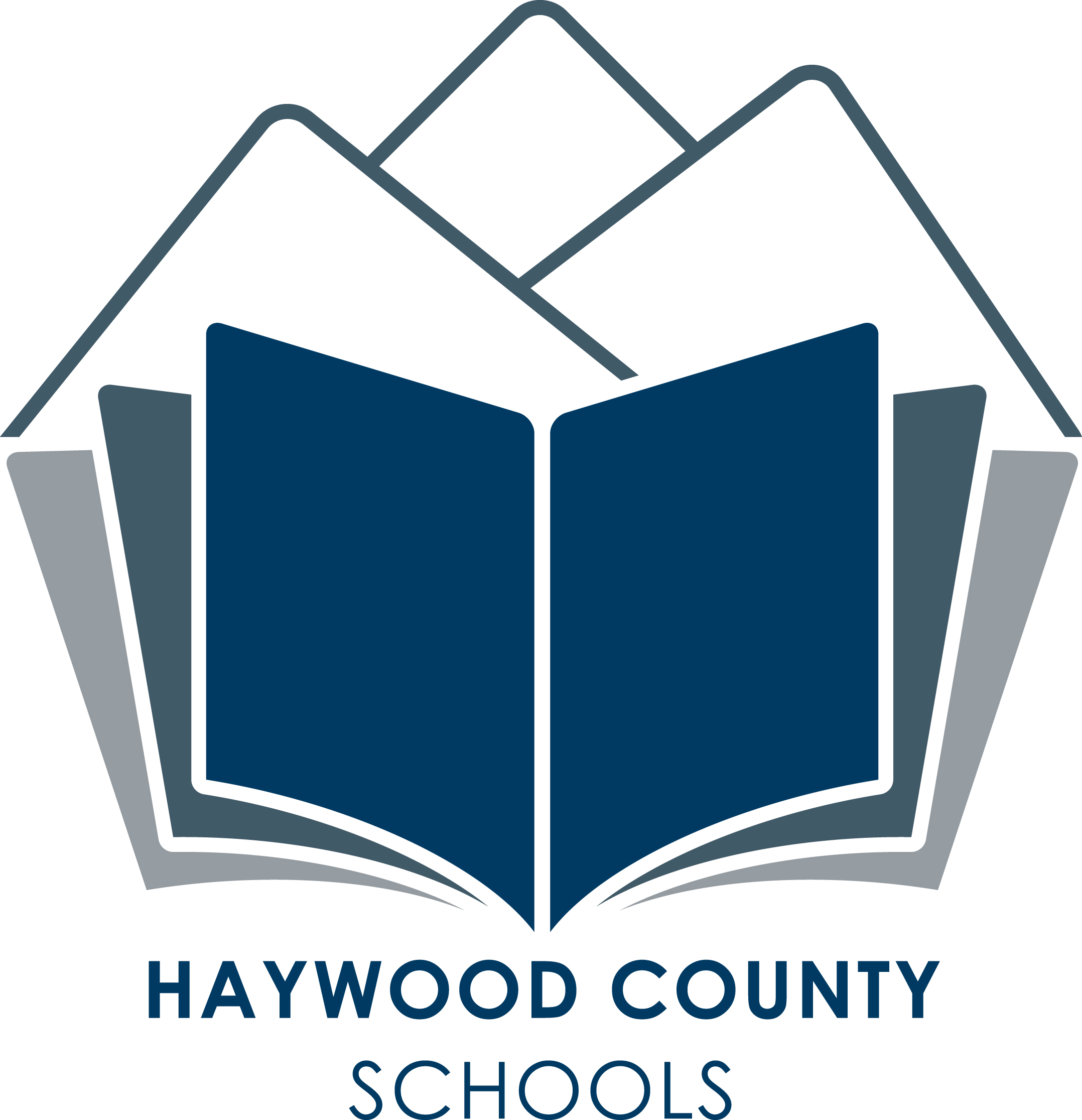The Healthy, Hunger-Free Kids Act of 2010 created a number of strict regulations for public school meals, Lunch Program, Women, Infants and Children (WIC) programs and Child and Adult Care Food Programs. These federal regulations include, but are not limited to, the use of only whole grain products, sodium restrictions and calorie restricts.
“The implementation of the restrictive federal food regulations has been devastating for our students and the School Food Service Program,” said Alison Francis, School Food Service Director. “While many students adjusted to whole grain buns, others simply refused to eat whole grain biscuits, rice and other previously popular foods.”
Since the implementation of the federal regulations, the percentage of the students eating school meals has declined by nearly 5%. “This is only part of the story,” said Associate Superintendent Bill Nolte. “The regulations require us to put food on student trays even if the student does not want the food. Then we are required to throw away a lot of perfectly good food because there are other regulations that prevent us from giving the wasted food to people who could use it. It is just a regulatory mess.”
Since money was being lost because students were not eating some of the foods, the school district sought and received a temporary waiver to use some non-whole grain foods. “We are so excited that buttermilk biscuits are back,” said Superintendent Anne Garrett. “The last thing we want is for students to be hungry at school because of federal food regulations. To celebrate the temporary waiver, we are planning ‘Butter Biscuits are Back’ activities at each school on April 1st. No fooling, pun intended.”
“We hope other waivers or changes come in the future,” said Bill Nolte. “There is no scientific evidence to support the sodium regulations for children and the regulations actually cause the removal of some essential nutrients like potassium. In my opinion, food selection should be a family matter and not a matter regulated by the federal government.”
Contact: Dr. Bill Nolte, Associate Superintendent
